Criminology Careers
Pursue Many Influential Careers with a Criminology Degree
Carlow University’s Bachelor of Arts in Criminology emphasizes restorative justice and transformation, offering a deeply engaged approach to preventing and rehabilitating criminal behavior. This foundation prepares you to pursue a meaningful career in one of many in-demand areas of criminology.
- Demand for probation officers and correctional treatment specialists will grow by 3 percent between 2024 and 2034.1
- Carlow students are guided by a psychology- and justice-focused curriculum that prepares them for impactful roles across multiple sectors.
Carlow graduates leave the program with the knowledge and skills needed to pursue meaningful careers in criminology—and to advocate for change within a complex and evolving justice system.
Probation Officer:
$64,520/year1
Probation officers assist in the rehabilitation of offenders on probation or parole. They help determine the right course of action and provide probationers and parolees with resources and guidance.
Substance Use Counselor:
$65,790/year2
Substance use counselors run individual, family and group counseling for those struggling with chemical dependency. They often act as a mediator between the patient and outside parties.
Additional criminology careers for graduates:
- Correctional officer
- Jury consultant
- Juvenile probation officer
- Loss prevention officer
- Legal advocate
- Police officer
Request More Information
We’d love to hear from you. Fill out the form, and we’ll be in touch shortly to learn more about your goals and how we can help.
Program Outcomes: Positively Impact the Criminal Justice System
When you complete this program, you will be able to:
- Work in criminal justice settings.
- Understand the intersection of environmental and intrinsic qualities that increase criminal behaviors and aggression.
- Apply techniques in mental health assessment, competency evaluations, and environmental planning to better advocate for those impacted by the criminal justice system.
- Explore how poverty influences criminal behavior and assess initiatives aimed at prevention through early intervention and community support.
- Analyze the research on dangerousness and consider how antisocial personality traits, psychopathy and impulse control issues can affect rehabilitation outcomes in those who have been incarcerated.
- Examine policy decisions that have shaped the U.S. criminal justice system and assess key trends expected over the next 10–15 years.
- Interpret statistical data accurately and apply the structures and ethical guidelines of social science research.
Career Support
Launching your criminology career is a huge step, and our team of instructors is ready to help you succeed.
